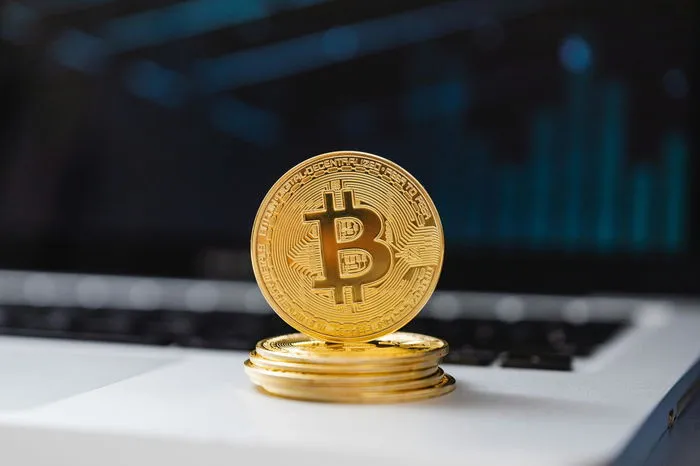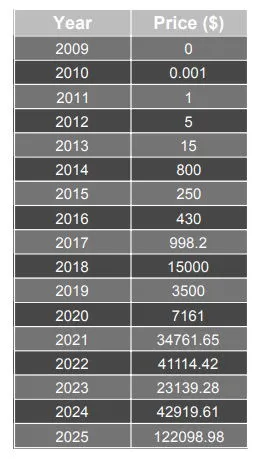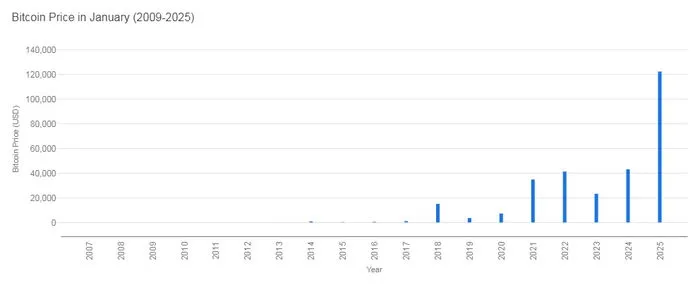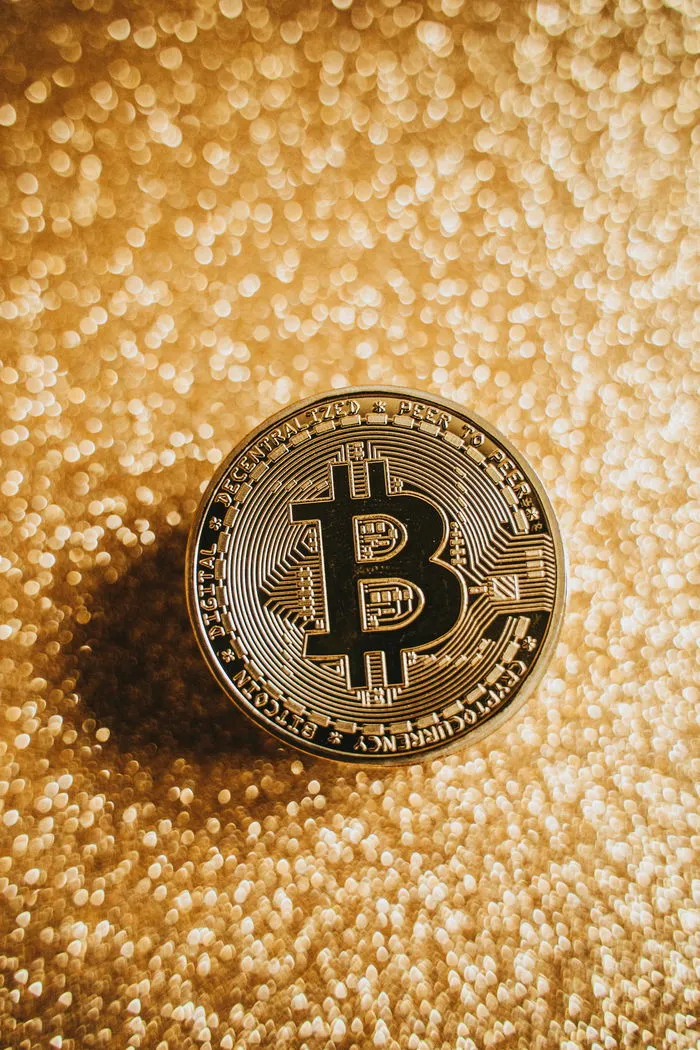Hello I have been reading about bitcoin and I wanted to share with you what I learned so far.

What is Bitcoin? Imagine money, but purely digital – like an email, but for value. That's a good way to think about Bitcoin.
Here's the breakdown in simple terms:
It's Digital Money: Unlike the cash in your pocket or the money in your bank account (which is controlled by a bank), Bitcoin exists only online.
No Bank or Government in Charge: This is a key difference. With regular money, a central bank or government controls its creation and movement. Bitcoin is "decentralized," meaning no single person, company, or government owns or controls it. It's run by a global network of computers.
The "Blockchain" – A Public Record Book: Think of it like a massive, constantly updated public ledger that everyone can see. Every single Bitcoin transaction ever made is recorded in this ledger, called the "blockchain." This makes it very transparent and difficult to tamper with.
Sending and Receiving: When you send Bitcoin to someone, it's like sending an email. You use a "wallet" (a digital app or device) that has a unique address (like an email address) to send and receive Bitcoin. The transaction is then added to the blockchain.
"Mining" – How New Bitcoin is Created: New Bitcoins are created through a process called "mining." This involves powerful computers solving complex mathematical puzzles. When a "miner" solves a puzzle, they get a reward in new Bitcoin, and they also help to verify and add new transactions to the blockchain.
3 Pros of Bitcoin: Permissionless transactions: You don't need anyone's approval to send or receive Bitcoin, making it very accessible, especially for people in countries with limited access to traditional banking services.
Faster transfers: Transactions can be confirmed in minutes, compared to days for international bank transfers.
Lower fees: While there are network fees (which can fluctuate), they are often significantly lower than the fees charged by traditional remittance services, especially for large amounts. This is particularly appealing for people sending money across borders.
3 Cons of Bitcoin: Impractical for everyday spending: The rapid fluctuations make it less practical for everyday purchases. Imagine buying a coffee with Bitcoin, and by the time you've finished it, the price of the Bitcoin you used has dropped significantly.
Irreversible transactions: Once a Bitcoin transaction is sent and confirmed on the blockchain, it cannot be reversed. If you send Bitcoin to the wrong address there's generally no way to get it back.
Limited merchant adoption: Bitcoin is still not widely accepted as a payment method by most businesses. This means you often have to convert it back to traditional currency to use it for everyday goods and services, which can incur additional fees and complexities.
You can appreciate the Bitcoin fluctuations here:

Bitcoin Price in January (2009-2025)

Bitcoin Price in January (2009-2025)
In conclusion, Bitcoin is a revolutionary way to send and receive value digitally, without the need for an intermediary like a bank, and with all transactions publicly recorded on a shared, secure ledger.

All images are provided by: Pexels website.